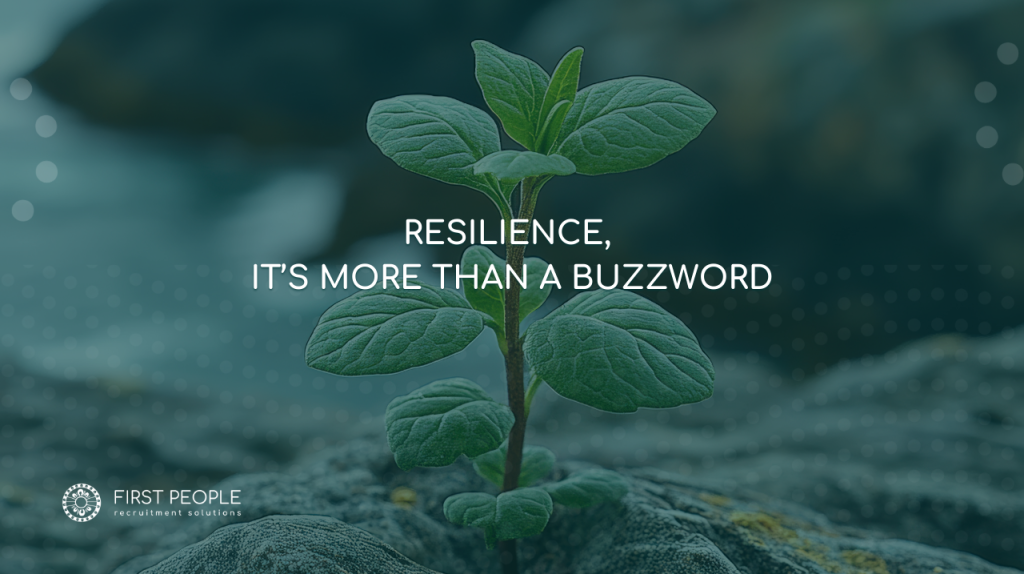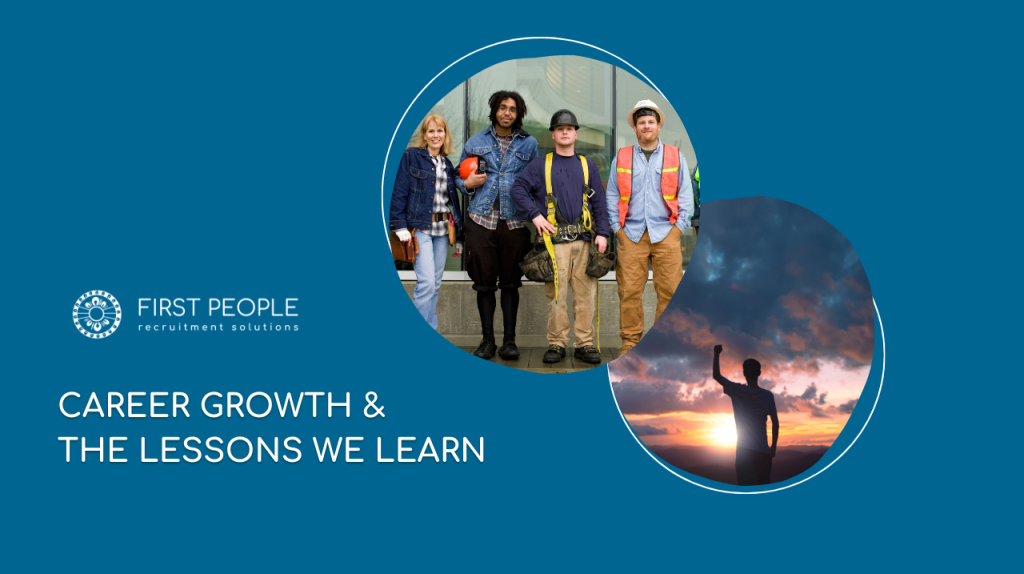Employers today are reevaluating how they recognise and motivate their staff. With job vacancies declining and living costs rising, many employees feel trapped in their current roles, leading to a surge in job dissatisfaction.
At First People Recruitment Solutions, we understand the importance of connecting work to a broader purpose and revitalising the workforce. Here’s how we address these challenges.
Executive coaches and HR professionals have noted an increase in employees feeling stuck due to fewer job opportunities and the pressing need to maintain stable employment. This situation has led to a rise in discretionary effort, where workers go above and beyond their minimum job requirements to avoid redundancy in a cooling economy.
However, HR consultants warn that this surge in effort is not sustainable without a corresponding increase in job satisfaction. Workers are less engaged than they were a few years ago, making employers vulnerable to sudden drops in performance due to burnout.
Victoria Mills, founder and CEO of Hello Coach, highlights the shift in focus. During the pandemic, the emphasis was on establishing healthy work-from-home routines. Now, the priority is on motivating disengaged staff. “Even though people are staying put, it does not necessarily mean that they are fully present,” Mills said. This shift underscores the need for leaders to develop soft skills to foster meaningful conversations and provide impactful feedback.
Many leaders were promoted based on their excellence in specific domains without receiving adequate leadership training. This gap in soft skills can significantly affect employee engagement. As Mills points out, the art of having meaningful conversations can determine whether employees feel inspired and motivated or disengaged and underperforming.
Justin Angsuwat, Chief People Officer at Culture Amp, emphasises the importance of connecting employees’ work to a larger purpose. According to Culture Amp’s data, the desire to leave jobs is higher than the actual turnover, prompting companies to seek ways to motivate their staff.
Regularly surveying employees to understand the reasons behind declining motivation is crucial. These insights can vary across teams, making tailored approaches essential.
Additionally, connecting employees’ work to the company’s overarching goals helps foster a sense of purpose. Simple acts of praise and recognition, such as thoughtful messages or handwritten notes, can significantly boost motivation. Culture Amp’s analysis found that employees are 1.4 times more likely to be motivated if they view their manager as a role model.
Stephanie Reuss, co-founder and co-CEO of work design platform Beamible, highlights the impact of mental health on employee engagement. Rising costs of workers’ compensation premiums due to mental health claims have made it imperative for employers to address these issues.
According to Allianz Australia, about 155,000 Australian employers collectively lost over 655,000 workdays to workplace mental health injuries last year, with an average of 76 days off per claim. This financial incentive, coupled with the ethical responsibility to support employee well-being, underscores the need for employers to invest in mental health and engagement initiatives.
As fewer Australians switch jobs due to a challenging labour market, employers must reassess their strategies to enhance employee engagement. By developing soft skills, connecting work to a broader purpose, and addressing mental health, employers can foster a motivated and resilient workforce.



